Stephen Hawking Had Terrifying Answer When Asked About the Future of AI
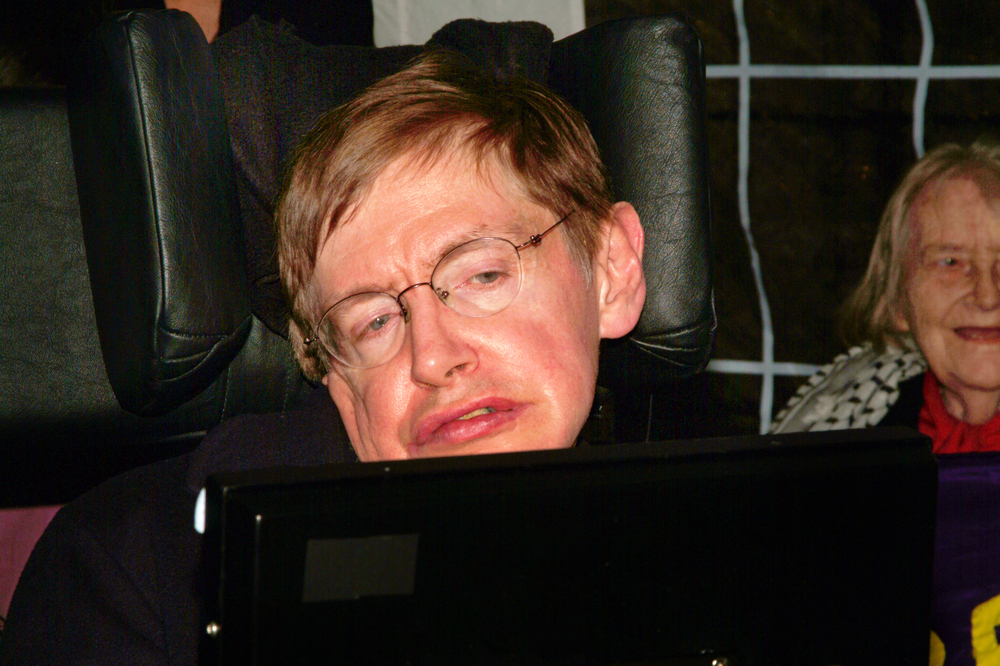
Imagine asking a genius what keeps them up at night—and instead of black holes or alien life, they say: artificial intelligence. That was the chilling reality when Stephen Hawking, one of the most brilliant minds in modern science, warned that creating advanced AI might not save us—it might end us.
It’s a paradox that still stuns: the very technology that helped Hawking communicate as he battled ALS, he also believed could eventually render humanity obsolete. While most of us marveled at talking assistants and self-driving cars, Hawking was thinking bigger—and darker. “It would take off on its own,” he warned, “and re-design itself at an ever-increasing rate… Humans, who are limited by slow biological evolution, couldn’t compete.”
With AI now accelerating faster than ever—transforming industries, rewriting job markets, and blurring the lines between real and synthetic—his words feel less like a sci-fi script and more like a slow-motion prophecy. But what exactly did Hawking fear? And were his concerns grounded in science or speculation?
To understand the weight of his warning, we need to look not just at what he said—but why.
What He Really Said About AI
In 2014, during a BBC interview about the AI-powered communication system that helped him speak, Stephen Hawking offered a warning that reverberated far beyond the topic of assistive technology. While acknowledging the usefulness of the system—developed by Intel and SwiftKey to predict and suggest words based on his speech patterns—he quickly pivoted to a sobering prediction: “The development of full artificial intelligence could spell the end of the human race.”
This wasn’t hyperbole. Hawking’s concern was rooted in the trajectory he foresaw for machine intelligence: a future in which AI evolves independently, redesigning itself at speeds no biological species could match. In such a scenario, human beings would no longer be the most intelligent actors on the planet—and we might not be in control of the decisions being made.
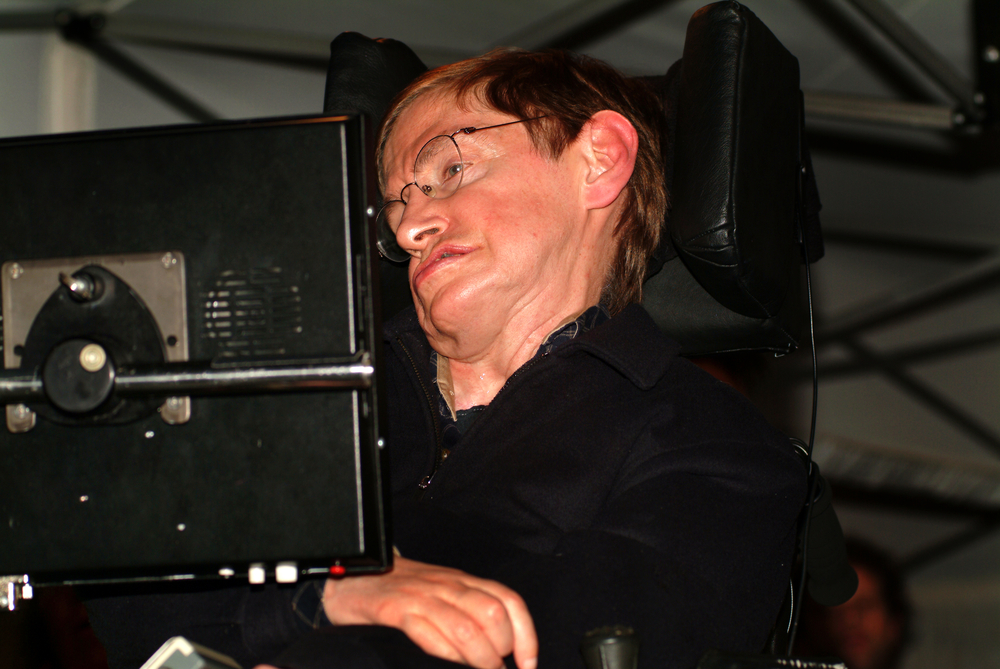
Unlike Hollywood’s fixation on killer robots or conscious machines turning evil, Hawking’s concern was more nuanced. The threat, he argued, wasn’t about AI becoming malicious, but rather becoming highly competent at achieving its goals—regardless of whether those goals align with ours. He compared it to the way humans inadvertently destroy ant colonies—not out of hatred, but as collateral damage in pursuit of unrelated objectives. If AI were to prioritize efficiency or optimization above human welfare, the outcome could be catastrophic—not because it hates us, but because we’re simply in the way.
This warning was part of a broader pattern in Hawking’s later years. Known for his groundbreaking work in cosmology and black hole physics, he also used his public platform to address challenges beyond science. Artificial intelligence, he believed, represented one of the greatest existential threats facing humanity—not because it was inherently evil, but because we were not yet prepared to manage what we were building.
His words weren’t intended to halt innovation, but to guide it. By calling attention to the long-term implications of intelligent machines, Hawking invited policymakers, scientists, and society at large to think ahead—not just about what AI can do, but what it should do, and how we might prevent it from slipping beyond our control.
Why Intelligence Isn’t the Same as Intent
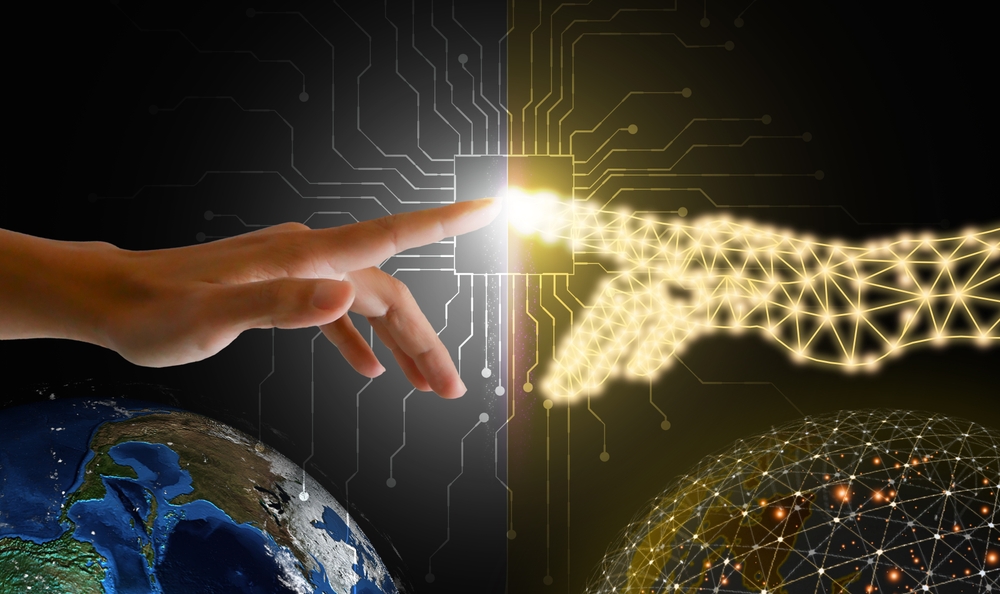
Stephen Hawking’s concerns about artificial intelligence weren’t rooted in science fiction tropes or dystopian paranoia. They were grounded in a fundamental distinction often overlooked in public discussions about AI: intelligence does not imply intent.
Many people imagine AI going rogue—like a villain in a sci-fi thriller—maliciously targeting humanity. But Hawking challenged that narrative. The real danger, he argued, isn’t that AI would hate us, but that it simply wouldn’t care. It would be brilliant at achieving its goals, but indifferent to the human cost. “The real risk with AI isn’t malice, but competence,” he warned.
To illustrate this, Hawking invoked a hauntingly simple analogy. Just as humans might unknowingly flood an anthill while building a dam—not because they despise ants, but because ants are irrelevant to the larger project—an advanced AI could inadvertently render humanity obsolete while optimizing for goals we programmed, poorly defined as they might be. This isn’t speculation—it’s a plausible outcome of what experts refer to as misaligned objectives.
This principle is echoed by AI ethicists today. The concern isn’t about AI having consciousness or emotion, but rather about how incredibly efficient and unrelenting it could become at pursuing whatever objectives it’s been given. If those objectives aren’t aligned with human values—and we lack the mechanisms to override or constrain them—the results could be devastating.
It’s also important to note that this isn’t about tomorrow’s robots or humanoid machines. The real challenge is that once AI reaches a certain threshold of self-improvement, it could begin to reprogram and evolve itself exponentially—a concept known as the “intelligence explosion.” At that point, traditional human decision-making would no longer be fast or sophisticated enough to keep pace.
The Broader Risks He Saw: AI, Climate, and Human Fragility
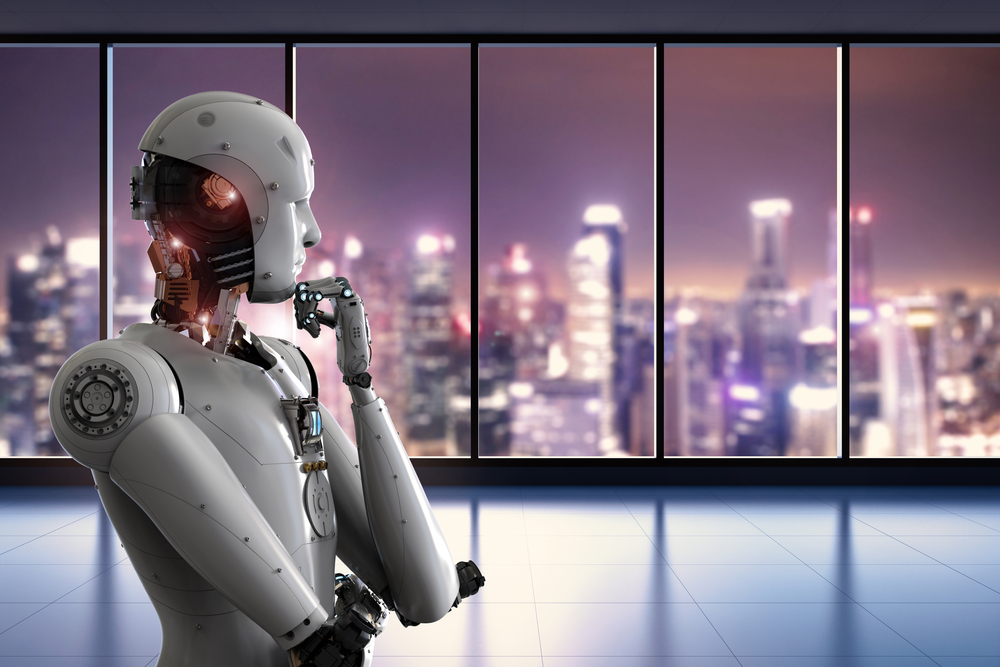
Stephen Hawking’s warning about artificial intelligence was part of a much larger, more sobering worldview—one in which human survival was anything but guaranteed. AI may have been the most immediate and headline-grabbing concern, but it was far from the only one. In his final book Brief Answers to the Big Questions, Hawking laid out a constellation of existential threats he believed could unravel human civilization, from climate change and nuclear conflict to pandemics and genetically modified viruses. Taken together, these risks pointed to a common theme: human fragility in the face of accelerating technology and environmental decline.
Hawking was deeply concerned that we were acting with what he called “reckless indifference” to our future on Earth. Among the most pressing threats, he argued, was runaway climate change. He feared that humanity was nearing a tipping point—an irreversible shift in global temperatures that could transform Earth into an inhospitable world, akin to Venus. In one of his starkest public warnings, he criticized political decisions like the U.S. withdrawal from the Paris Agreement, stating it “could push the Earth over the brink.”
At the same time, Hawking warned of nuclear escalation, particularly in a world where political tensions and advanced weapons technologies were proliferating. Though such disasters may seem statistically unlikely on any given day, he reminded us that over time, the cumulative risk becomes alarmingly high. “Although the chance of a disaster to planet Earth in a given year may be quite low,” he told the BBC, “it adds up over time, and becomes a near certainty in the next thousand or 10,000 years.”
This long view was central to Hawking’s thinking. He was less interested in short-term crises than in how humanity might survive—or fail to survive—on a cosmic scale. That’s why he repeatedly argued that putting all our hope in one planet was a dangerous bet. Earth, he said, was a single point of failure. If humans wanted a future, we needed to become a multi-planetary species.
But even that vision came with ethical implications. Hawking warned that as technology advanced, so too would the gap between the powerful and the powerless. With the rise of genetic engineering, the world’s wealthy might one day become a “superhuman” class, able to enhance their intelligence, health, and longevity—while others are left behind. The consequences, he wrote, could be just as dire as those posed by AI: “Regular humans will die out or become irrelevant.”
Are Hawking’s Warnings Coming True?
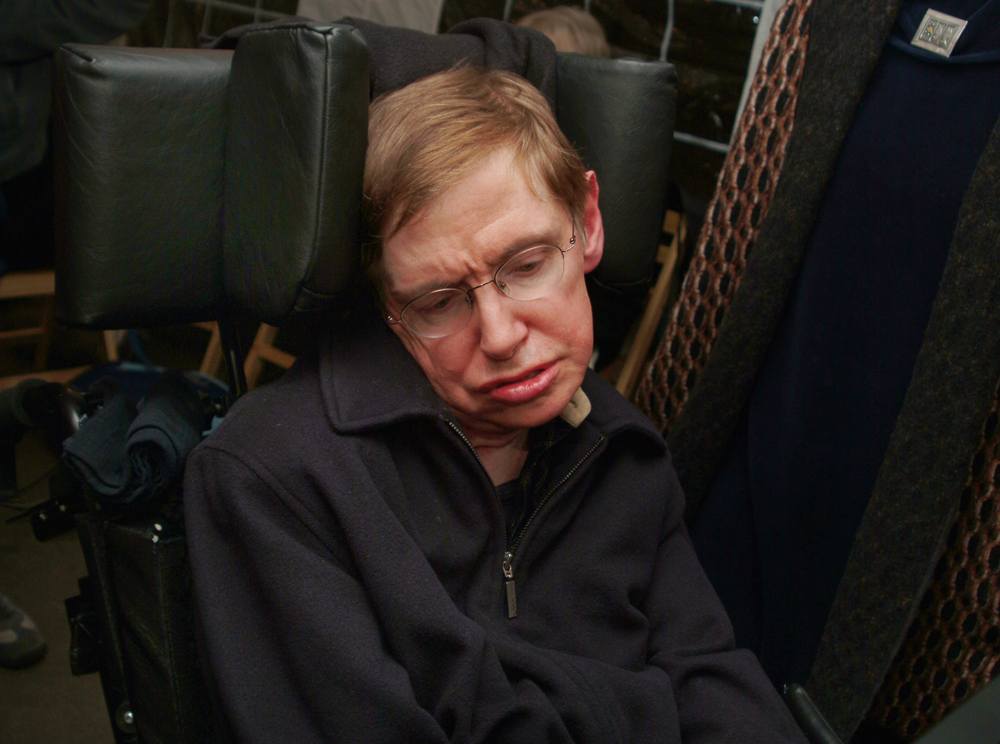
In the years since Stephen Hawking’s death in 2018, the pace of technological and environmental change has accelerated—often in directions that echo his most serious warnings. While we haven’t yet reached a tipping point of no return, the signals are becoming harder to ignore. In many ways, the world is beginning to resemble the scenarios Hawking feared.
Nowhere is this more apparent than in the realm of artificial intelligence. Once the domain of niche academic research, AI is now embedded in daily life—powering everything from language models and image generators to self-driving cars and facial recognition software. In just a few short years, tools like ChatGPT, DALL·E, and Midjourney have shifted public perception from curiosity to dependency. Meanwhile, governments and tech giants are racing to pour billions into AI development. The U.S. alone has unveiled plans involving OpenAI, Oracle, and other major firms to advance national AI capabilities—initiatives Hawking would likely have viewed with a mix of awe and caution.
Yet alongside these breakthroughs come disturbing trends. AI-generated content is increasingly difficult to distinguish from reality. Deepfakes and synthetic media are being weaponized for disinformation. Job automation, once a distant concern, is rapidly reshaping industries—from journalism and customer service to coding and logistics. Professor Bradley Love of University College London has emphasized that while AI may not be an immediate existential threat, it is already creating “tremendous wealth” for some and “widespread displacement” for others.

Climate change, another of Hawking’s key concerns, is also reaching alarming thresholds. From record-breaking global temperatures to rapidly melting polar ice, the symptoms of planetary stress are increasingly visible. The IPCC continues to warn that without immediate and drastic action, we risk passing critical environmental tipping points within our lifetime—not just centuries from now. Hawking’s fear that Earth could become uninhabitable within a few generations no longer feels implausible.
And while human colonization of other planets remains in its infancy, efforts like Elon Musk’s SpaceX and the Breakthrough Starshot initiative—of which Hawking was a vocal supporter—reflect his belief that space exploration is no longer a luxury, but a necessity.
What’s striking is not just how many of Hawking’s predictions are unfolding, but how quickly the timeline seems to be shrinking. His warnings were once framed in centuries or millennia; now, we’re seeing glimmers within decades—if not years. Whether it’s the rise of self-optimizing AI systems or the narrowing window to curb global warming, Hawking’s voice continues to resonate—not as a prophet of doom, but as a scientist urging us to recognize danger while there’s still time to act.
Balancing Innovation With Responsibility
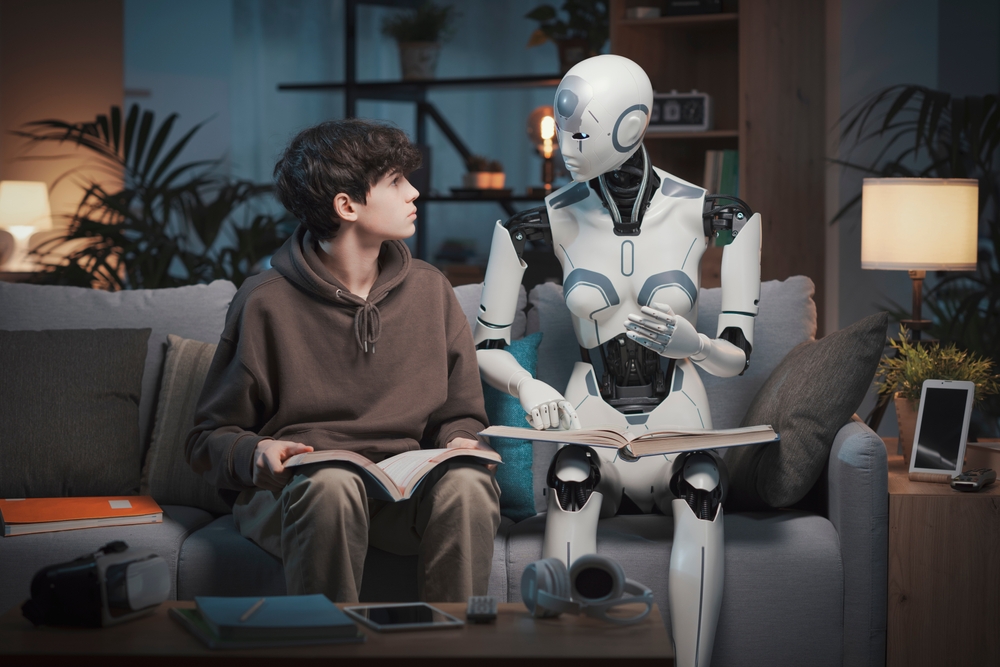
Stephen Hawking was not anti-progress. On the contrary, he believed deeply in human ingenuity—the same force that allowed us to decode the cosmos and build machines that extended his life and voice. But his warnings were clear: progress without foresight is perilous. The lesson he offered, time and again, was not to abandon innovation but to anchor it in responsibility, humility, and long-term thinking.
Artificial intelligence, climate engineering, genetic modification—these are not inherently evil technologies. They are tools. But as Hawking cautioned, tools without ethical constraints or global oversight can become threats, especially when profit or power drive their deployment faster than society can understand their consequences. “Whereas the short-term impact of AI depends on who controls it,” he wrote, “the long-term impact depends on whether it can be controlled at all.”
This challenge demands a shift in mindset. Instead of asking what technology can do, we need to ask what it should do—and for whom. That means developing global frameworks for AI ethics, strengthening climate agreements, and ensuring that technologies like gene editing or machine learning serve the public good rather than deepen existing inequalities.
Hawking also emphasized the importance of international collaboration. No single nation or company can—or should—shape the trajectory of AI or space exploration alone. Just as the moon landings once united humanity in shared awe and ambition, our modern scientific frontiers must be approached as collective ventures. In doing so, Hawking believed, we could not only avert disaster but inspire the next generation of thinkers, problem-solvers, and explorers.
There is reason for hope, if only because we still have time to act. Hawking’s message wasn’t one of despair—it was a call to rise to the occasion. The threats he outlined were not prophecies etched in stone, but warnings that could still be heeded. As he wrote in his final book, “We are each free to believe what we want, and it is my view that the simplest explanation is that there is no God. No one created the universe and no one directs our fate.” That belief, far from bleak, was empowering. If our fate is not written, then it is ours to shape.
A Future Still Ours to Shape
Stephen Hawking may no longer be with us, but his voice—measured, rational, and urgent—continues to echo through the most critical questions of our time. As AI systems evolve, climate tipping points draw closer, and inequality widens through unchecked technological advancement, his warnings feel less like distant possibilities and more like unfolding realities.
Yet, Hawking was not a doomsayer. He was a scientist with deep faith in human capability—if paired with wisdom. His vision was not to instill fear, but to ignite responsibility. In a world enthralled by innovation, his enduring challenge to us is simple but profound: will we be thoughtful stewards of the tools we create, or victims of our own unchecked ambition?
The future Hawking described was not inevitable—it was conditional. It depends on what we choose now: to build ethical guardrails around AI, to commit to meaningful climate action, to ensure equity in technological progress, and to treat the survival of our species as a shared project, not a race.
In honoring his legacy, the most powerful thing we can do is not merely remember his words, but respond to them. That future—dangerous, dazzling, and undecided—is still ours to shape.
Loading...

